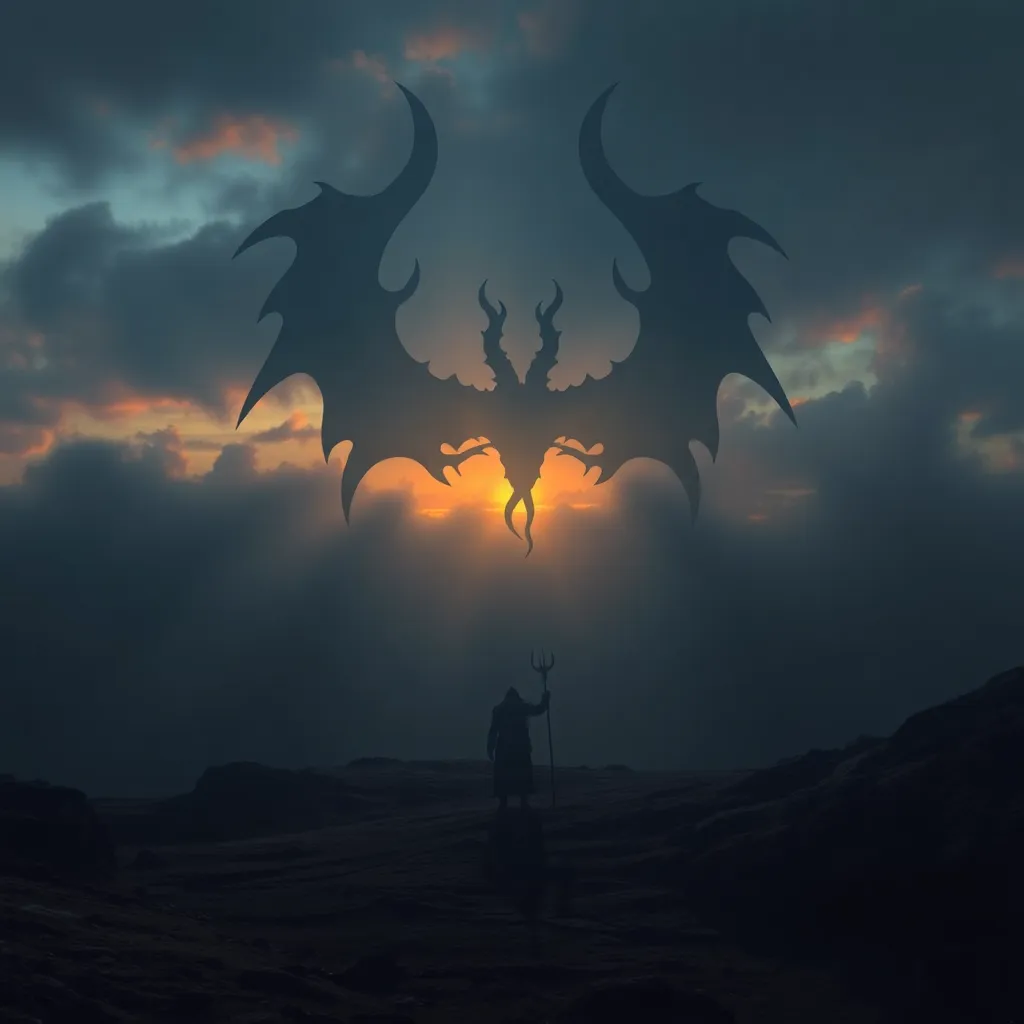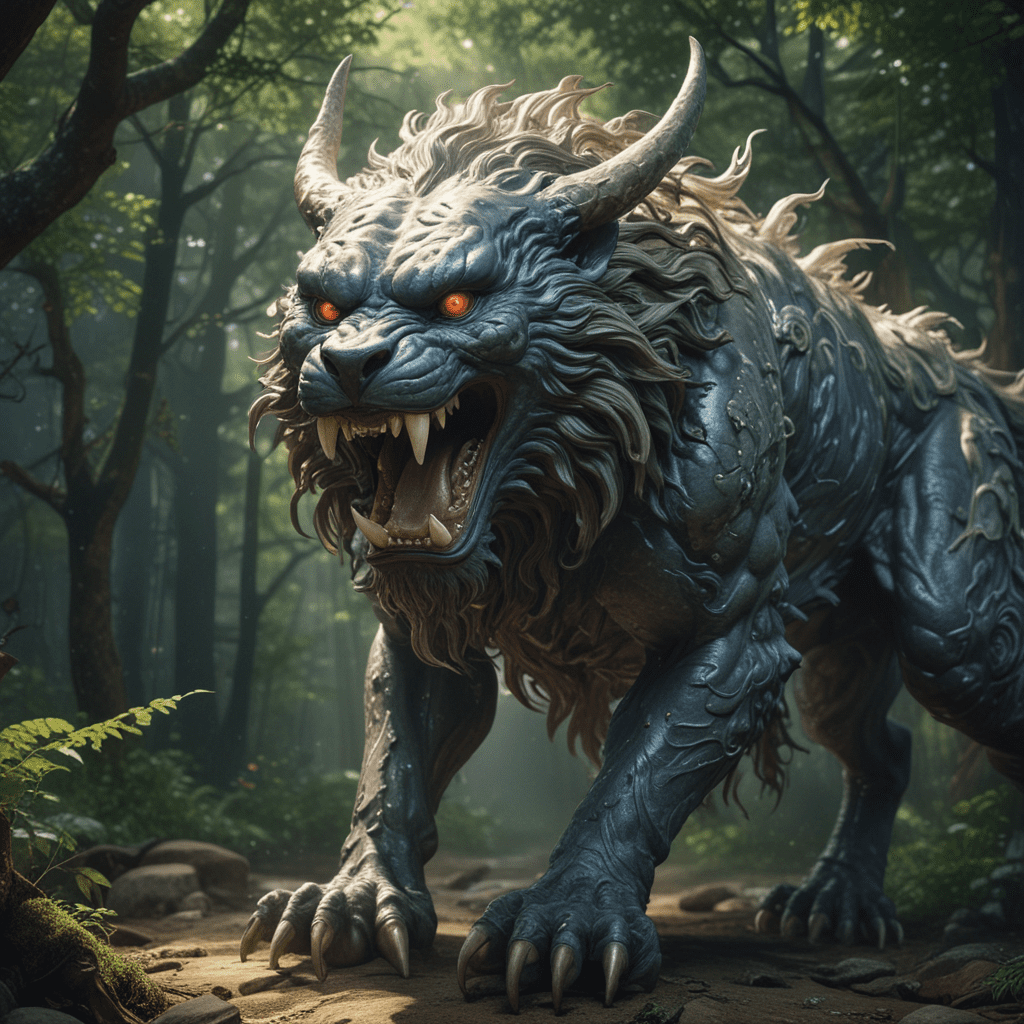Cultural Hero Myths: The Stories That Spark Change
I. Introduction
Cultural hero myths are narratives that celebrate individuals who embody the values and ideals of a society. These stories often depict extraordinary feats and moral fortitude, inspiring others to aspire to greatness. Through storytelling, societies communicate their values, beliefs, and aspirations, shaping the collective identity and cultural ethos of their people. Hero myths play a crucial role in inspiring change, motivating individuals and communities to strive for betterment in their lives and the world around them.
II. The Origins of Hero Myths
The roots of hero myths can be traced back to ancient civilizations, where they served to explain natural phenomena, cultural values, and historical events. Across various cultures, hero myths have emerged in response to common human experiences and challenges.
- Historical context of hero myths: Many early societies utilized hero myths to convey moral lessons and cultural norms.
- Common elements: Themes of adventure, bravery, sacrifice, and the triumph of good over evil are prevalent in hero narratives worldwide.
- Oral tradition: Oral storytelling has preserved these myths, allowing them to evolve while retaining their core messages and significance.
III. Key Characteristics of Cultural Heroes
Cultural heroes share common traits that resonate with audiences across time and space. These characteristics contribute to their enduring appeal and relevance.
- Defining traits: Heroes usually exhibit courage, resilience, and a commitment to justice, often facing formidable challenges.
- The hero’s journey: The narrative often follows a structure where an ordinary individual is called to adventure, faces trials, and ultimately transforms into an extraordinary figure.
- Significance of sacrifice: Hero myths frequently highlight the sacrifices made by individuals for the greater good, emphasizing the importance of struggle and perseverance.
IV. Examples of Cultural Hero Myths
Throughout history, various cultural heroes have emerged, each reflecting the values and challenges of their time.
A. Classic Examples
Figures like Hercules and King Arthur have become iconic representations of heroism. Their stories are not only celebrated in ancient texts but have also been reinterpreted in modern contexts, showcasing their timeless relevance.
B. Indigenous Hero Myths
Indigenous cultures have rich traditions of hero myths that often convey deep spiritual and communal values. These heroes typically embody the relationship between humanity and nature, highlighting themes of stewardship and respect for the earth.
C. Contemporary Heroes
In recent times, figures such as Malala Yousafzai and Greta Thunberg have emerged as modern heroes. Their commitment to education and environmental justice, respectively, has inspired global movements and highlighted critical contemporary issues.
V. The Impact of Hero Myths on Society
Hero myths can significantly shape societal identity and community values, influencing how individuals perceive themselves and their roles in society.
- Shaping identity: Hero myths often serve as models for what individuals aspire to become, fostering a sense of belonging and purpose.
- Influence on social movements: Historical and contemporary hero narratives have galvanized social movements, providing a rallying point for collective action.
- Psychological effects: Engaging with hero narratives can inspire individuals to overcome personal challenges, promoting resilience and hope.
VI. The Role of Media in Propagating Hero Myths
The portrayal of hero myths has evolved significantly with advancements in media, allowing for broader dissemination and reinterpretation of these narratives.
- Transformation through literature and film: Movies and books have reimagined classic hero tales, making them accessible to new generations and contexts.
- Impact of social media: Platforms like Twitter and Instagram have enabled modern heroes to share their stories directly with the public, influencing perceptions rapidly.
- Case studies: Successful hero narratives, such as the cinematic adaptations of superhero comics, illustrate the lasting appeal of hero myths in popular culture.
VII. Critiques and Limitations of Hero Myths
While hero myths can inspire, they also face critiques regarding their portrayal of complex issues and individuals.
- Oversimplification: Hero narratives can reduce complex social issues to simplistic tales of good versus evil, neglecting the nuances involved.
- Glorification of flawed individuals: Many heroes have imperfections that can be overlooked, leading to unrealistic expectations and potential disappointment.
- Inclusivity challenges: Traditional hero narratives may fail to represent diverse voices and experiences, limiting their relevance in a multicultural world.
VIII. The Evolution of Hero Myths in a Globalized World
In today’s interconnected society, hero myths are evolving, blending with different cultural narratives and adapting to modern contexts.
- Blending of myths: Cultural exchange has led to the emergence of hybrid hero myths that draw from multiple traditions, enriching the narrative landscape.
- New archetypes: The digital age has given rise to new hero archetypes, such as activists and innovators, who challenge the status quo in unique ways.
- Multiculturalism: The increasing recognition of diverse narratives is reshaping traditional hero myths, making them more inclusive and representative of global society.
IX. Creating a New Narrative: How to Cultivate Modern Hero Myths
As society continues to evolve, so too must the narratives we tell. Cultivating modern hero myths involves recognizing contemporary issues and fostering diverse voices.
- Identifying issues: Recognizing pressing social, environmental, and political issues that require heroes can guide the creation of new narratives.
- Diverse storytelling: Encouraging voices from varied backgrounds ensures a richer tapestry of hero narratives that resonate with a broader audience.
- Community engagement: Implementing strategies that promote collective participation in storytelling can foster a sense of shared purpose and identity.
X. Conclusion
Cultural hero myths hold significant importance in shaping societal values and inspiring change. They offer a lens through which we can explore our ideals, struggles, and aspirations. As we navigate contemporary challenges, the ongoing relevance of hero stories can serve as a powerful catalyst for social transformation. By embracing diverse narratives and fostering new heroes, we can continue to inspire future generations to strive for a better world.


